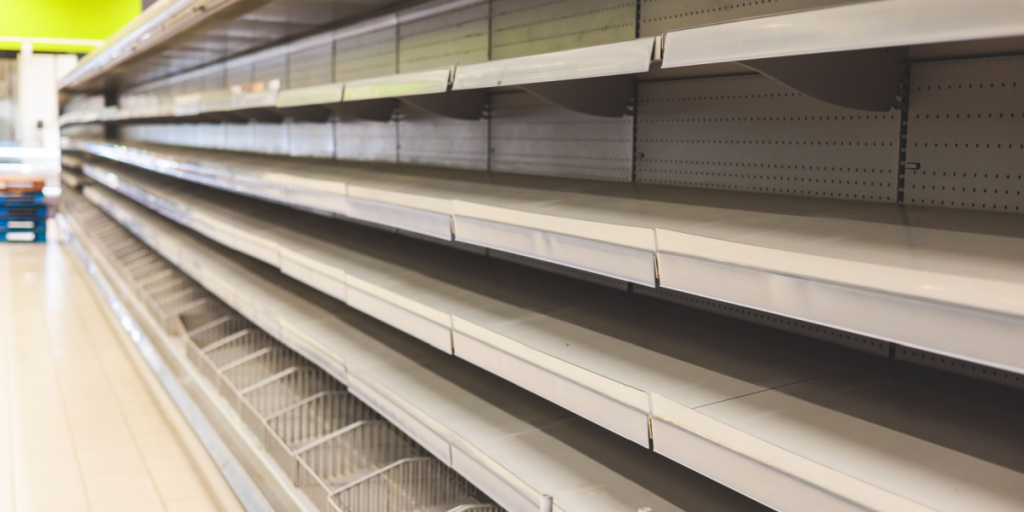In fact, the whole situation seems like an echo from the Soviet Union.
Others are reading now
In fact, the whole situation seems like an echo from the Soviet Union.
What is happening?
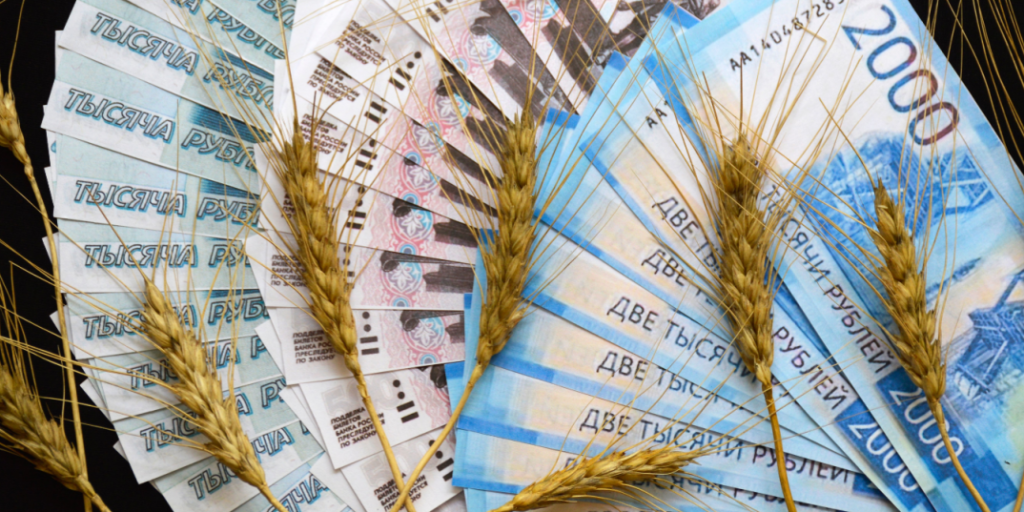
Economists are warning that Russia may soon face severe food shortages and an economic meltdown reminiscent of the Soviet Union’s final years.
With inflation soaring and the government preparing to impose price controls, parallels to past crises are becoming harder to ignore.
Inflation hits Russian households hard
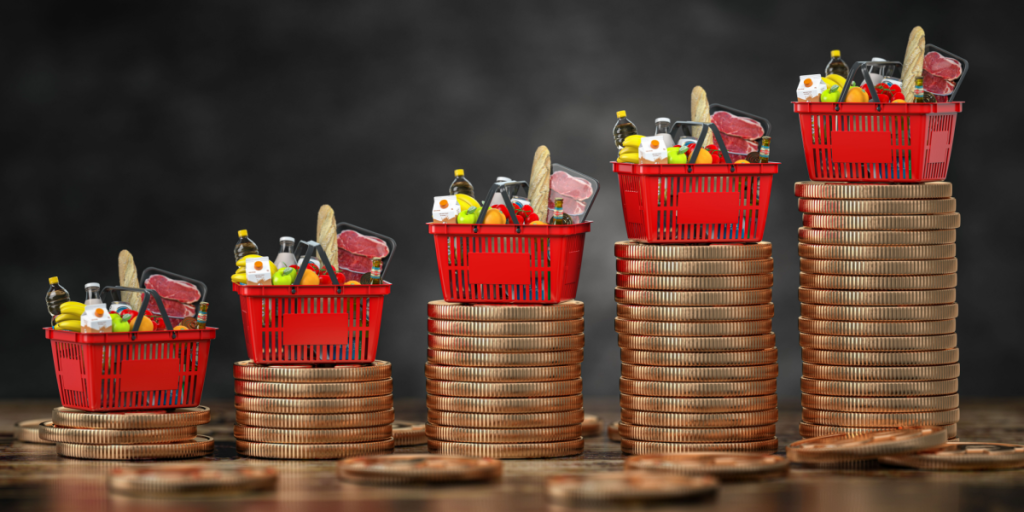
Annual inflation in Russia reached nearly 9.5%, with food prices climbing even higher.
Bread alone saw a 15% to 17% annual increase as of July, putting added pressure on Russian families already strained by the economic fallout from the ongoing war in Ukraine.
Also read
Kremlin turns to price controls — again
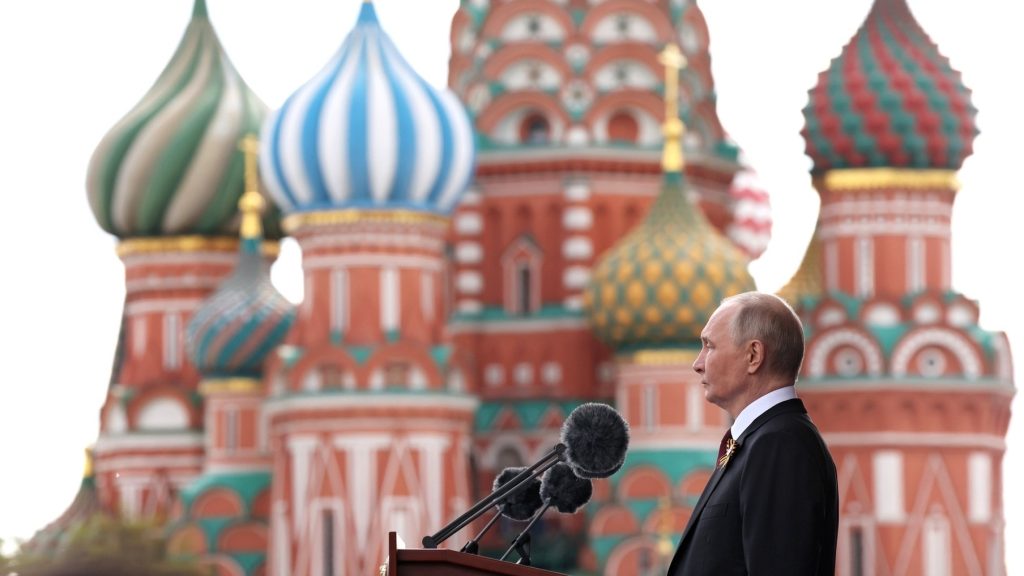
In an effort to contain inflation, the Russian government plans to cap the prices of staple foods like vegetables, poultry, and dairy starting next March.
While intended to protect consumers, critics argue the move could backfire, triggering supply issues and economic distortion.
Echoes of the Soviet Union’s economic collapse
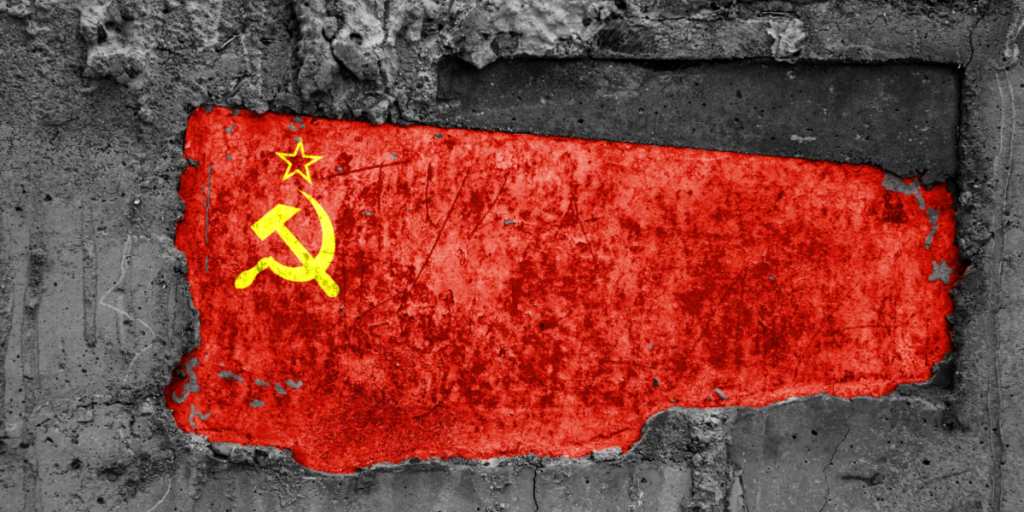
Experts say the Kremlin’s pivot toward price regulation bears an uncomfortable resemblance to the Soviet-era command economy.
That system famously led to widespread shortages, endless queues, and declining productivity — outcomes some fear may soon return.
A return to command-style planning?
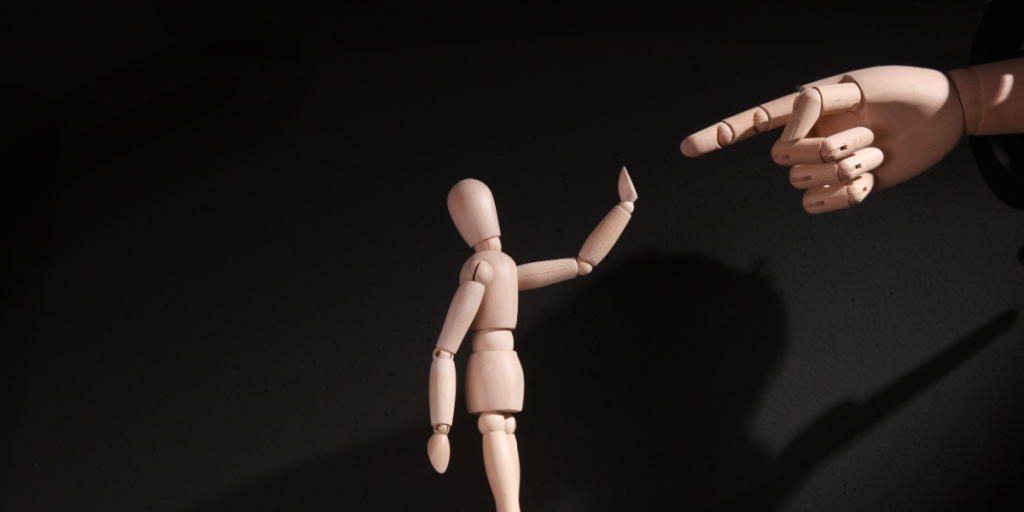
Speaking to the Kiyv Independent, Russian economist Igor Lipsits describes the shift as a move toward a “fully planned, command-style system,” warning that it brings with it all the classic pitfalls: food shortages, rationing, and public frustration.
Also read
“That’s what lies ahead for Russians,” he said.
Up to 90% of food prices could be state-controlled
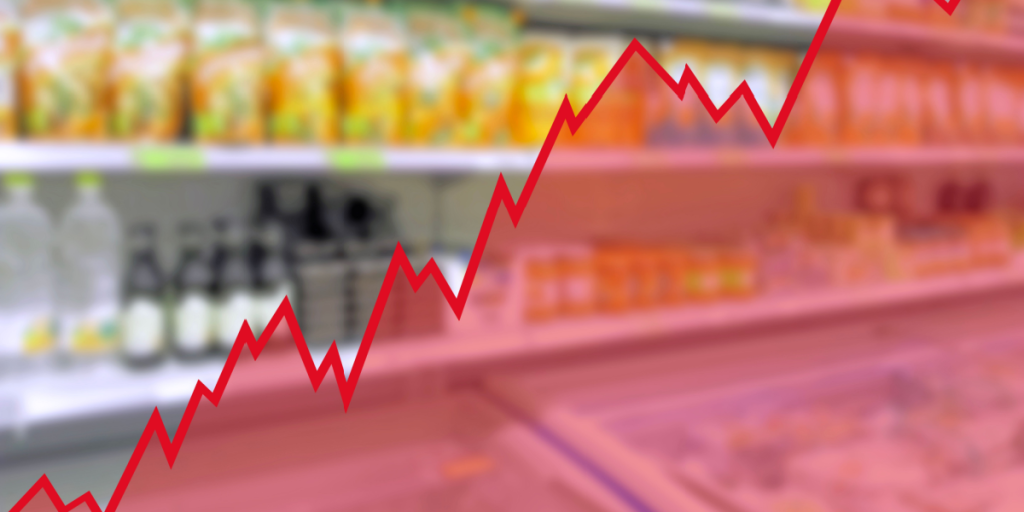
According to Russian media outlet Kommersant, as much as 80% to 90% of food production may soon fall under government-mandated price controls.
Many producers are reportedly unhappy with the plans — and some are already looking for ways to sidestep them.
Price caps won’t solve deeper imbalances
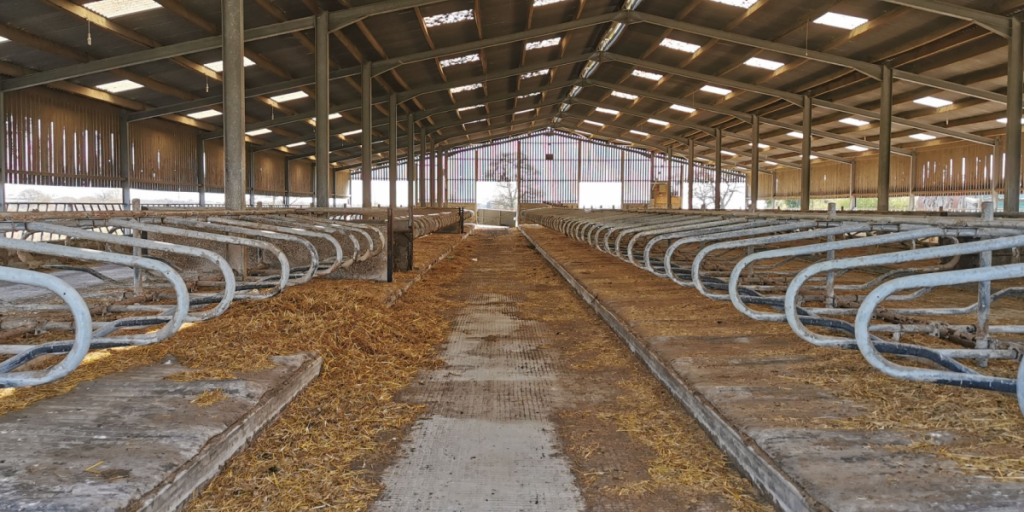
Lipsits argues that capping prices doesn’t address the root problem: a mismatch between agricultural output and population needs.
Without state subsidies, he warns, producers could go bankrupt, worsening the crisis and reducing food availability even further.
Also read
Shortages could arrive sooner than expected
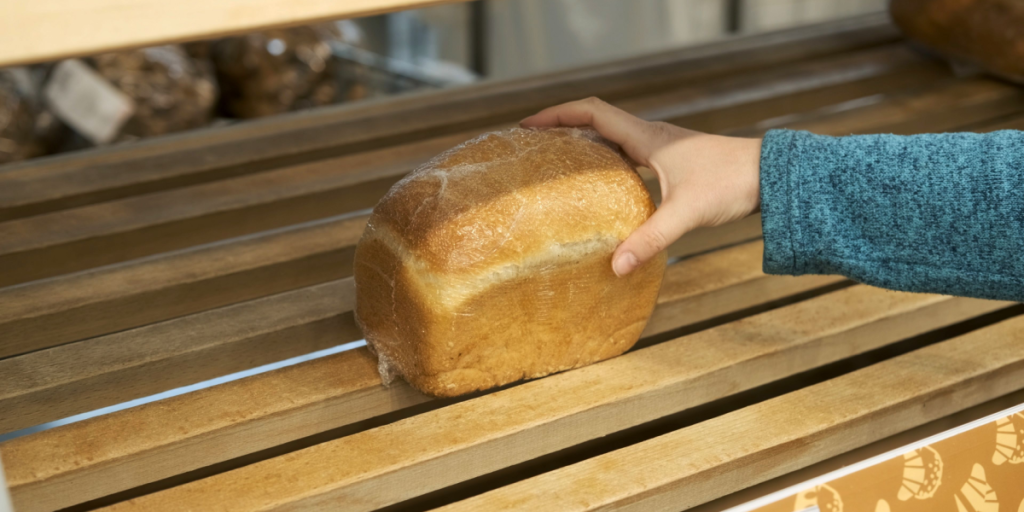
Oleksandr Talavera, a professor at the University of Birmingham, warns that food shortages could hit “even in the short term.”
He noted that when the government intervenes in pricing, goods tend to vanish — a dynamic all too familiar to those who remember Soviet times.
Russian public growing increasingly anxious
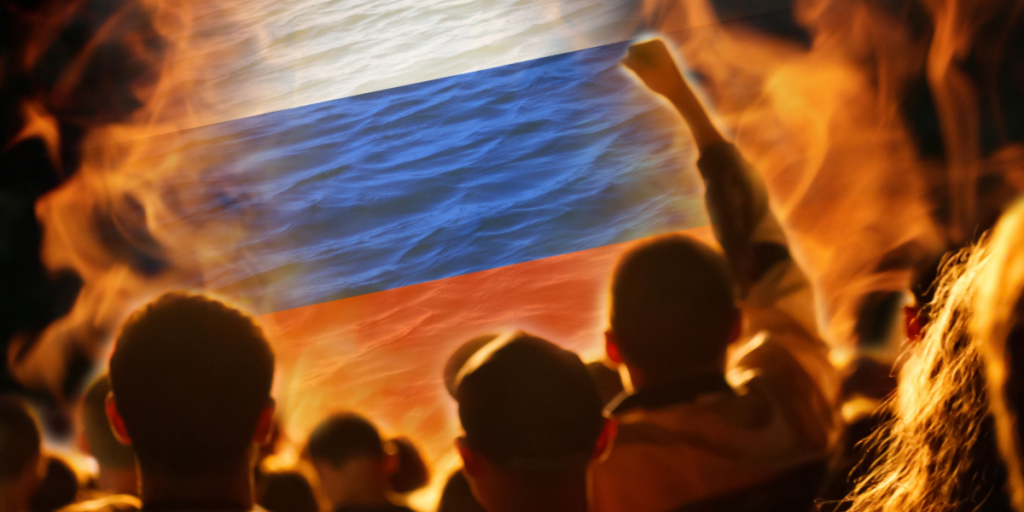
A June poll by the Levada Center showed that nearly 60% of Russians view rising prices as their biggest concern.
This growing anxiety poses a political risk for President Putin, as economic instability begins to cut through the Kremlin’s message of control and normalcy.
Putin faces pressure
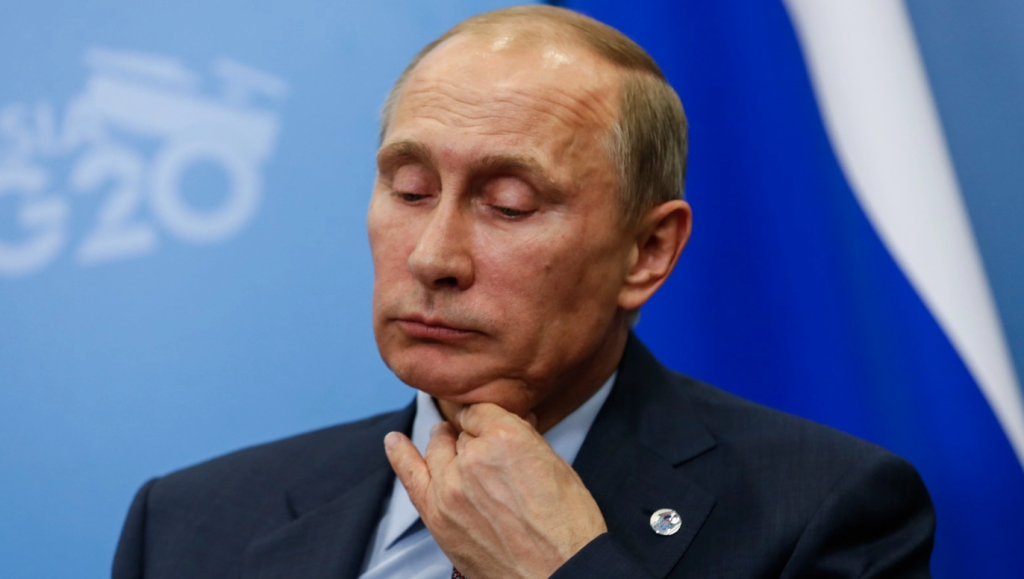
Maria Snegovaya, a senior fellow at the Center for Strategic and International Studies, says food inflation is a “highly sensitive” issue for the Kremlin.
Also read
As prices for staples like pork jump — with pork alone rising 7% in June — the illusion that “everything is fine” is becoming harder to maintain.

